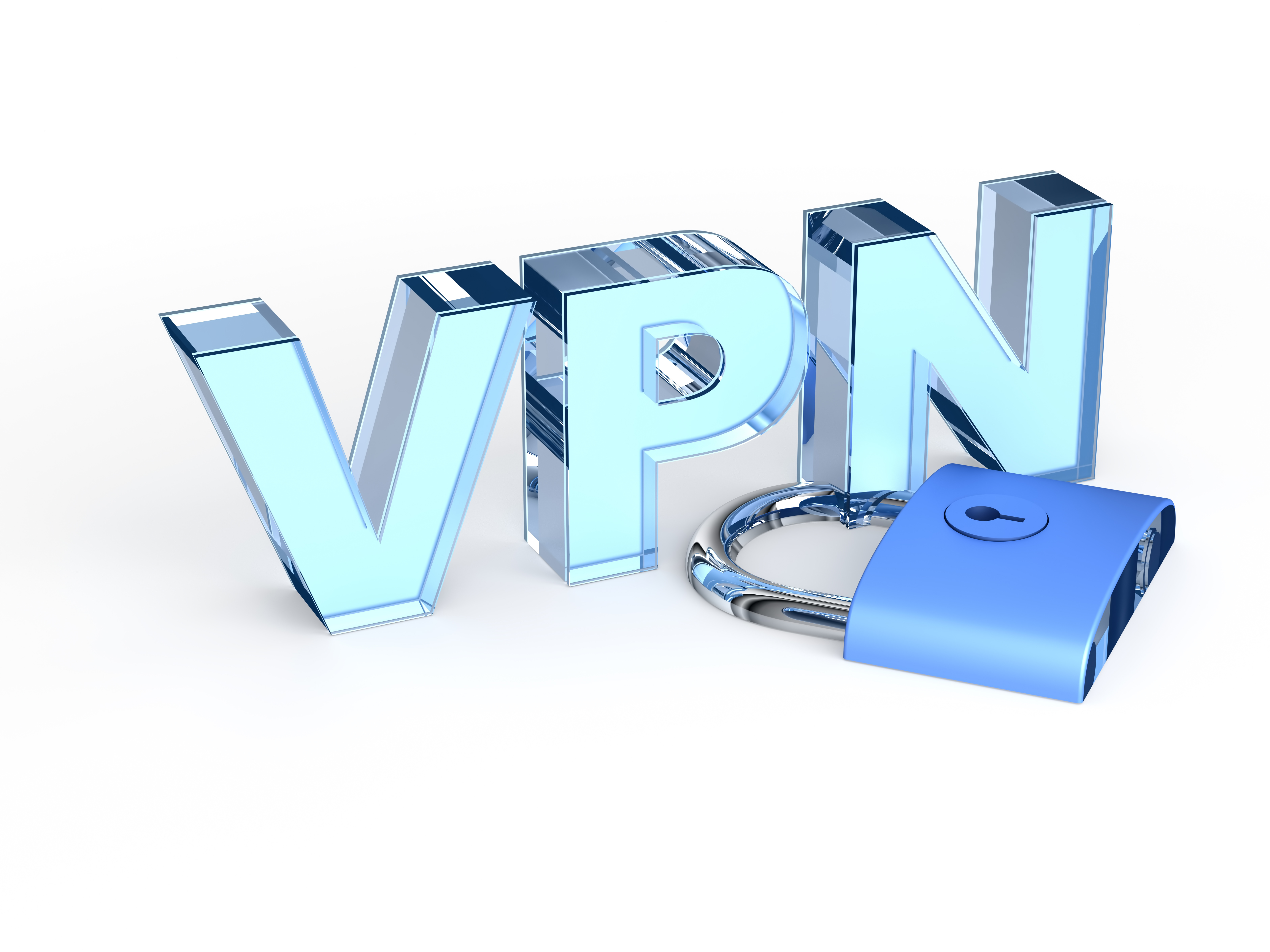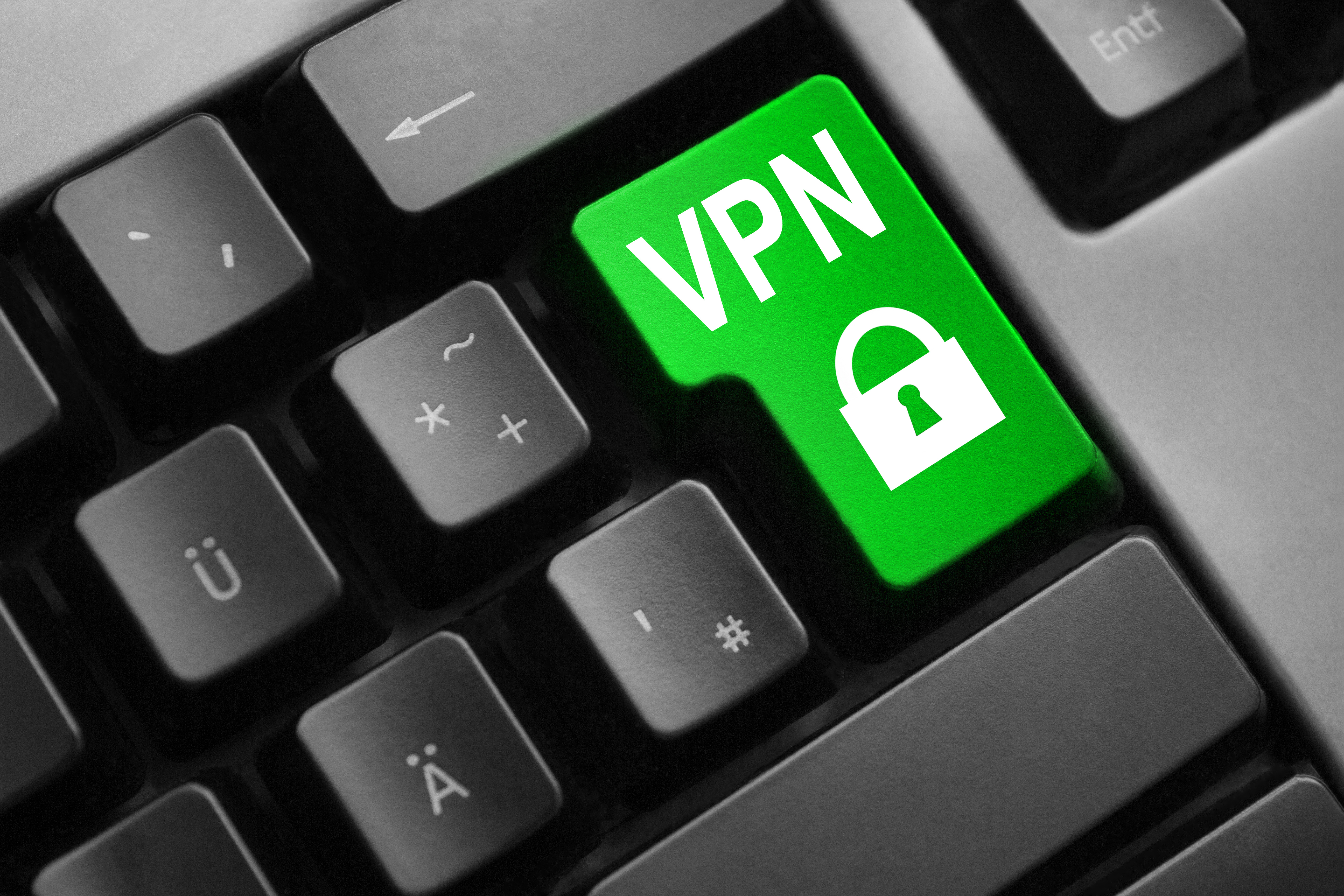
ExpressVPN’s strengths are its high level of encryption, geographical diversity of servers (it has servers in 94 countries worldwide) and the fact that it has a minimum impact on your computer’s performance. However, it does fall short in some aspects: the lack of an ad block feature, the fact that it only support simultaneous connections on 5 devices and the fact that it is a bit expensive.

NordVPN is indeed a tough competitor to beat, because it manages to offer some of the most requested features customers look for in a VPN provider: top-notch security, P2P support and unlimited bandwidth and the capability to unblock geo-restricted content: Netflix, Hulu and access to almost 150 more streaming services. It can block annoying ads, it keeps no logs and has more than 5,000 servers located all over the Globe. Our only ‘thumb down’ would be for the fact that it dropped a few connections during our testing period.

CyberGhost is a VPN provider with more than 3,000 servers spread all over the world. Among its biggest strengths we can definitely mention speed. Most VPNs slow down your device, but not CyberGhost. If anything, it even increases your speed. The best servers on that regard are the European ones. CyberGhost unlocks streaming services like Netflix, Hulu, etc., offers unlimited bandwidth and takes the privacy of its customers very seriously.

PrivateVPN is a small VPN provider from Switzerland. Even though it only has around 100 servers available, they are widely spread all over the Globe and you can even use the VPN in China. PrivateVPN is very fast, secure, it has a ‘no logs’ policy and also has mobile apps for both iOS and Android.

While it doesn’t have the most user-friendly interface or a free plan, TorGuard still remains a solid option on the VPN market, thanks to its impressive speed and large number of servers all across the Globe. Also, if torrenting is among your main activities, TorGuard is among the best options out there.

Private Internet Access is a very affordable, fast and reliable VPN service. The fact that it puts a lot of value on your online privacy and security and it allows P2P file sharing and BitTorrent, makes it one of the top choices when it comes to VPN services. PIA does leave room for improvement as far as its interface and customer support go.

VyprVPN is a VPN service based in Switzerland, a country that takes Internet privacy very seriously and this is clearly reflected in how VyprVPN operates, too. It is a very private and secure VPN, easy to use and reasonably priced. On the downside, it is not the fastest out there.

TunnelBear has its pros and cons. We really liked its interface, the ease of use, its great privacy policy and the fact that it has a free plan. On the downside, TunnelBear is a bit slow in performance, doesn’t offer live chat support and doesn’t have specialized servers.

PureVPN shines when it comes to speed and geographical coverage. Today it boasts on more than 2,000 servers, spread out in over 140 countries worldwide. This VPN comes with an extensive set of features and add-ons at reasonable prices.

Hotspot Shield is a VPN provider based in Silicon Valley and its apps have more than 650 million downloads so far. Although its privacy policy has its flaws, Hotspot Shield is still a great VPN to consider: it is extremely fast, secure, it has thousands of servers, a free plan and it can unlock Netflix.

Windscribe is a Canadian VPN provider that offers both free and paid plans. It has over 500 servers in almost 100 countries worldwide, it offers unlimited connections, great security and it has support for basically all types of devices.

Surfshark offers everything you will look for in a VPN with reliable quality and affordable pricing. The internet security and anonymity that the service offers can be compared with large VPN names like NordVPN and CyberGhostVPN.
Virtual Private Networks are a user’s defense against being tracked online. VPNs help in maintaining our anonymity while online. It is a necessary service nowadays especially because of a rising threat against internet privacy. Important information like names, addresses, location of access, and credit card information can be protected through the use of VPNs.
Surfshark is one of the services that are known among VPNs. It boasts affordable prices, reliable security, good service, and responsive customer service.

IPVanish is one of the most popular VPN services out there. It does come with its advantages and disadvantages. What we most appreciated about this provider was the anonymous torrenting, unlimited bandwidth and the impressive number of servers it owns. On the downside, it is not the most affordable provider out there, or the fastest, and you can probably find the same set of features for less money.

HideMyAss is a controversial VPN provider, with a somewhat compromised reputation, a high number of restrictions/limitations and missing tools, but it somehow manages to even things out with some free, useful features and especially with its remarkably diverse distribution of servers. It is not the most affordable VPN provider out there, but it is definitely worth a shot.
Last updated July 20, 2024

A VPN (Virtual Private Network) is a technology that allows you to securely and remotely connect to a private network via a public one. In order to ensure a secure connection, VPNs encrypt all data and change your IP address.
When you are using a VPN, you are basically surfing the Internet anonymously, thus keeping your privacy protected.
VPNs have many applications:
If you are wondering how they work, you can think of VPNs as creating a virtual tunnel that encrypts all the traffic that goes through it, from the public network to your home network, for example.
The two components of a VPN are the VPN client and VPN server.
The VPN client is basically the software used to connect to the VPN server.
The VPN server is setup where users want to connect to. One of its purposes is to make sure that only users who are registered can connect to the virtual private network.
You will also hear the term ‘protocol’ a lot when talking about VPNs. Protocols refer to the type of technology used to establish a VPN connection.
There are several protocols nowadays, each of them being used by different types of VPN connections: PPTP (Point-to-point Tunneling Protocol), L2F (Layer 2 Forwarding Protocol), L2TP (Layer 2 Tunneling Protocol), IPsec (Internet Protocol Security), SSL (Secure Sockets Layer) and TLS (Transport Layer Security), SSH (Secure Shell).
The main types of virtual private networks are remote-access ones (which are the ones used to connect a computer to a network) and site-to-site VPN (establishes connection between two networks).
In large organizations, remote VPNs are usually used to allow employees to access the office network from home or other places, while site-to-site VPNs help employees located in different geographical areas to share the same virtual network.
However, VPNs can be used by average users, too, simply for maintaining their online privacy and keeping away intruders such as hackers, advertisers and so on.
It is the most common VPN service that works by using a VPN client that connects to a VPN gateway. The VPN client encrypts all data before sending it further. Once the data gets to the VPN gateway, the gateway decrypts it and sends it further to its destination computer.
Protocols supported: PPTP, L2F, L2TP, IPsec, SSL (when the user doesn’t use a VPN client, but the web browser ).
It is basically set between two VPN gateways and it doesn’t require a VPN client, because both gateways will take care of data encryption/decryption.
Protocols supported: PPTP, L2TP, IPsec.

We already talked about the role of virtual private networks and the benefits they bring. Whether you just want to be able to safely connect to your office network from home of other places, you care about your online privacy in general, or you want to be able to access websites that are subject to censorship for geographical reasons, a good VPN is the best way to go.
Here are some things you should take into consideration before choosing a VPN provider:
Do you want to be able to connect to your office or home network or to the Internet in general?
If you just want to access you home or office data, you can just get a router or some sort of small, home server that can act as a VPN endpoint.
Only if you want to be able to safely browse the Internet (check your e-mail, access your social media accounts and so on) you should consider a VPN provider.
No matter what company you choose, make sure it is serious about your safety and supports good, secure protocols. Try to choose providers who use L2TP/IPsec or OpenVPN (the latter is your best option, but unfortunately not all smartphones support it; it is best suited for Macs or PCs). PPTP protocol is to be avoided, because it is no longer considered secure.
Just like with anything else in life, you usually get what you paid for. When it comes to VPN services, you should avoid free providers. First of all, the cost of a VPN service is only around $10/month, so it’s not really a heavy hit on your wallet. Free services come with a small number of features, limitations, fewer servers and so on. Moreover, they aren’t the safest/most private either. Free VPN providers need money to survive and sustain their business, too. So don’t be surprised if they sell information about you to other sources for money.
However, there are some decent, reputable free VPN services, as well. TunnelBear is a good example. If your needs are just basic, you can give free services a try.
This is important especially for people who want to be able to stream videos, music and so on, so try to find a provider that offers unlimited bandwidth. Also, be careful about other restrictions they may impose, on things like file sharing or other. Don’t skip over the fine print and read it thoroughly before you agree to anything.
Always go for bigger: the more servers, the better. They should also be placed in various locations across the Globe and preferably not Africa or Asia, especially if you want to use a VPN service to access websites that are geographically blocked, such as Netflix, YouTube and so on.
Keeping logs of your activity is not good for anybody: not for you as a user, since you don’t need anyone sticking their nose into your business and not for the provider, either, because they eat up a lot of disk space. Try to go with providers that clearly mention from the start that they keep zero logs.
Just like in any other business, the VPN market also has its scammers. There are a lot of fake VPN services out there, so don’t fall into that trap. Read as many reviews as you can and do some investigation before settling down with a certain provider.